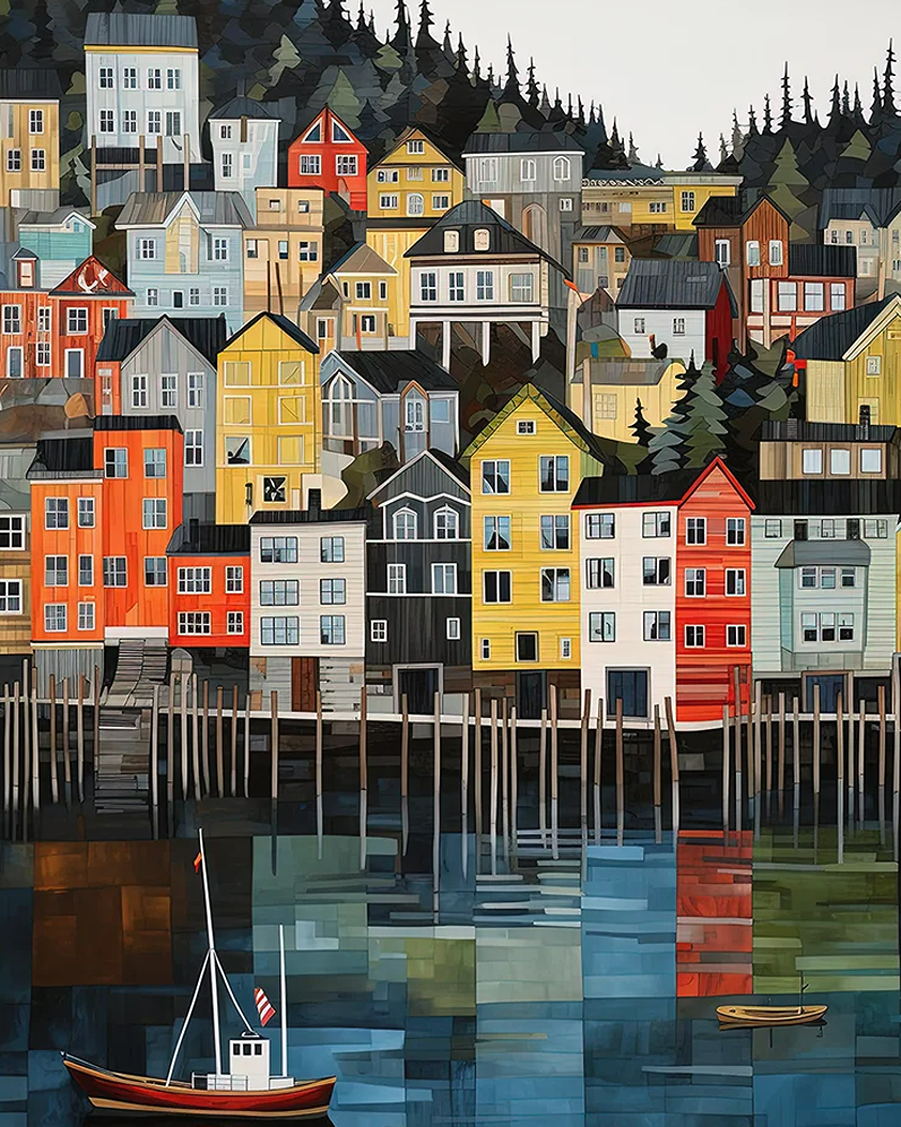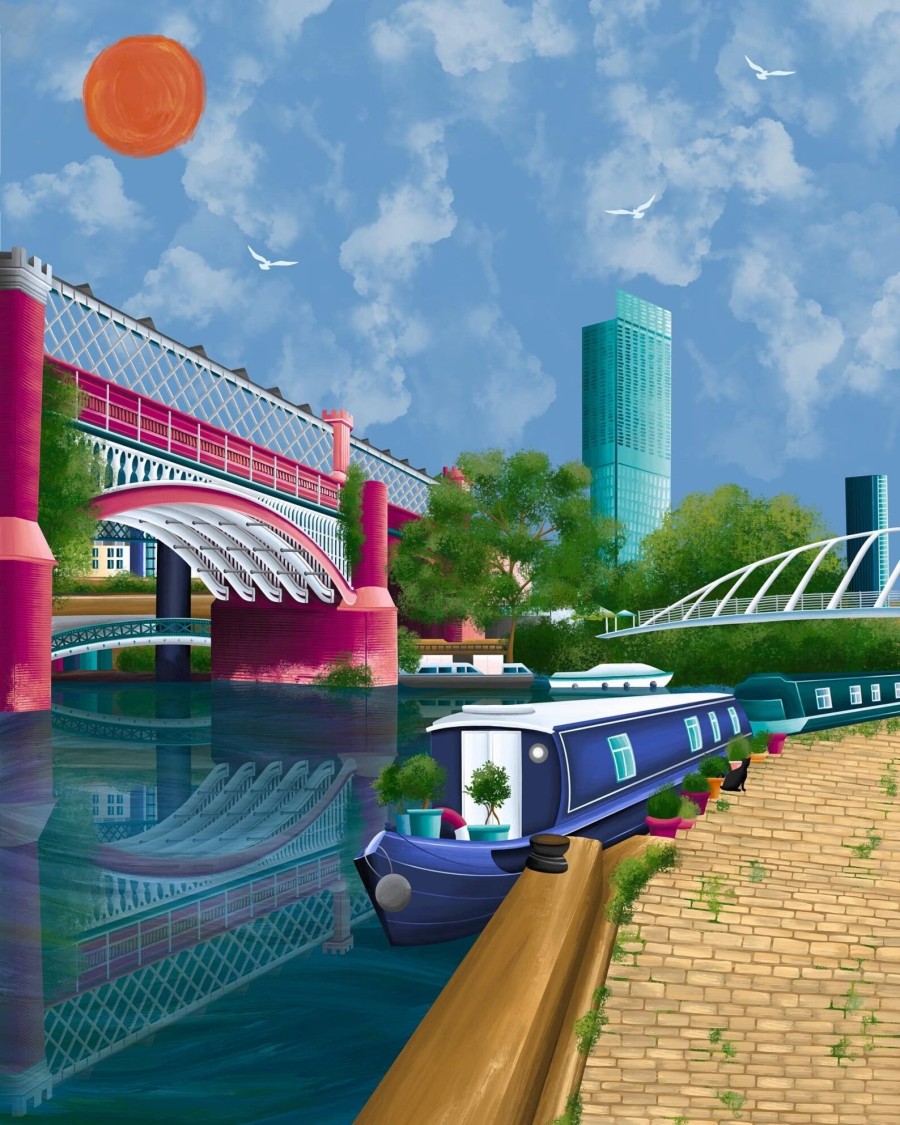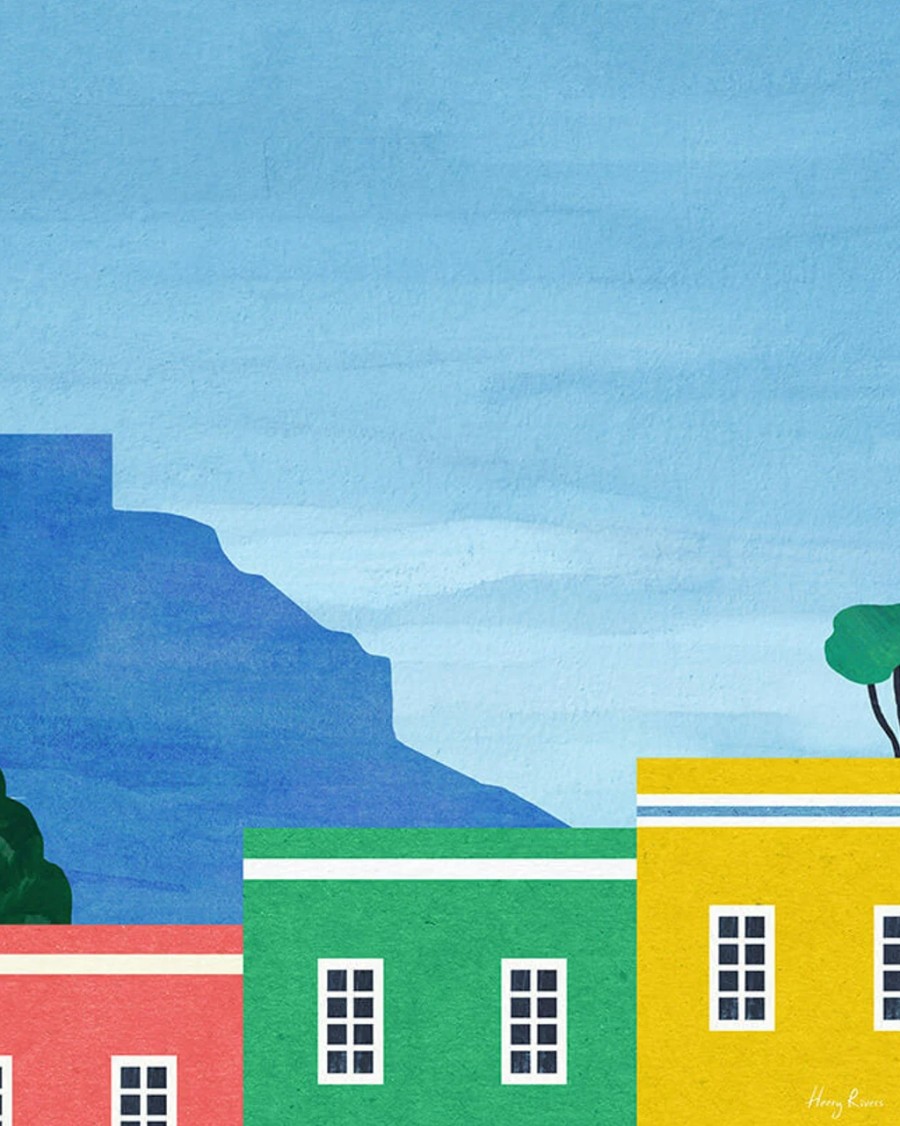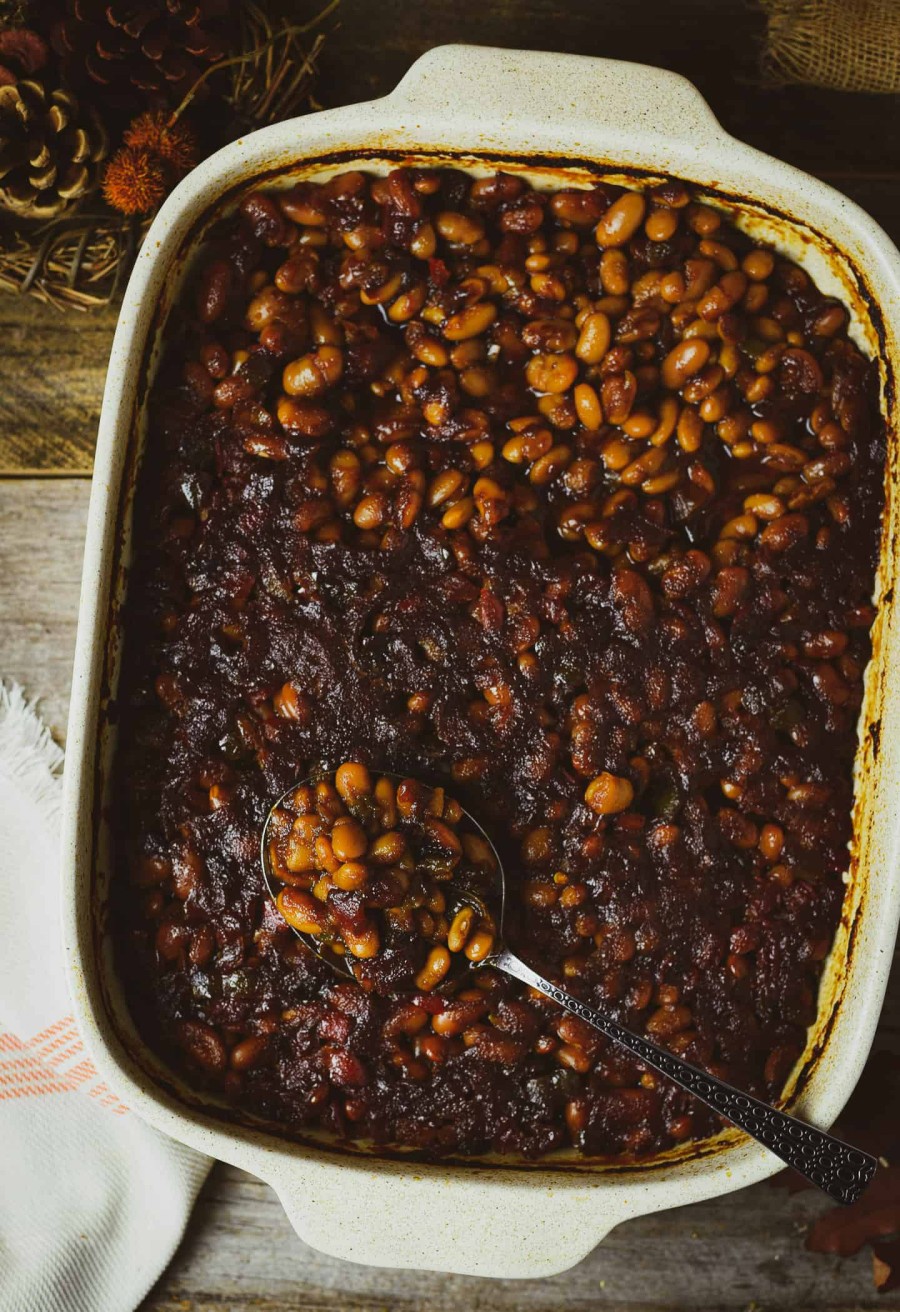
We all left it way too late, even though experts had been warning for decades not to rely on Russia for oil. The war is now being blamed for all the price hikes (not entirely true, but partly). Instead, if we powered ourselves on our own energy (and that includes using less by having walkable communitie, local food and community solar panels), we would not now be in the financial mess we are in now.
Not relying on Russian oil also is a good idea, to help create world peace. If Russia had not got so rich on selling oil, it would not now have the money to bomb Ukraine as it is doing now. Its power has been on the back of other countries not becoming energy-independent. Nearly all the wars on earth are caused by oil (proven as they are all oil-producing countries: Russia being just one example).
If we wait for MPs to solve climate change, we’ll be waiting a very long time. It’s far more empowering and effective to use less oil individually, and together this can help to create an oil-free economy, which is really the only answer. Here are a few ideas you can help:
Not only has the government recently approved a controversial oil and gas field in the North Sea, saying it will lower people’s bills. But climate lawyer Tessa Khan says that the oil field (to be located near the Shetland Isles) will keep us locked into fossil fuels for decades, and do nothing to reduce bills, as oil will be shipped abroad, then sold back at high profit. Greenpeace says that the Prime Minister has proved that he puts profits of oil companies above everyday people.
And the disastrous HS2 project for a ‘high-speed train’ is not only destroying wildlife (and will continue to do so once built – around 22,000 a year based on current estimates) but again this ‘speeding up of life’ goes against what is needed – to slow down.
- Switch to a green energy company. Ecotricity only uses vegan-friendly energy (so not energy from abattoirs etc) and also is making grass from gas! Learn tips to be a greener driver.
- Switch to natural fabrics like cotton, hemp or linen (wash oil-synthetic fibres in microplastic catcher). Choose organic beauty/cleaning products (to avoid petroleum jelly). Choose unscented for pregnancy/nursing, affected medical conditions and for pet/baby bedding/bowls/cleaning.
- Use a waterless car wash (to avoid driveway or supermarket car washes, that send untreated water down drains and cause mini oil spills). If you sail, read tips on how to be a sustainable sailor.
- Vote for Green MPs. Even in 2023, President Biden (the so-called ‘green choice’) approved an $8bn drilling project on Alaska’s North Slope, which local environmentalists, wilderness campaigners and native communities are appalled at.
what we can learn from Alaska’s oil spill

Alaska is a small state (that used to be part of Russia and is now in the US) that sits in the far northwest corner of the country. It’s home to most of the country’s tallest mountains and has over 100 volcanoes and volcanic fields, along with 30,000 rivers and a whopping 3 million lakes. It has more coast than all the US combined (over 30,000 miles) and is home to many Arctic creatures including polar bears.
Back in 1989, the state suffered an absolute tragedy, when the Exxon Valdez oil tanker ran aground and spewed billions of gallons of crude oil into the sea, leading to a massive clean-up operation that was pretty futile. Even one drop of oil spilled in the ocean spreads (why never to use driveway or supermarket car washs, as untreated oily water goes down drains and into the sea – use a waterless car wash instead, or a car wash company that recycles the water).
As well as causing $300 million of economic harm to local people, it was catastophic for wildlife. The spill killed around 2800 sea otters, 300 harbour seals, 900 bald eagles and 250,000 seabirds in the following days, along with 1000 harlequin ducks, many pink salmon embryos (and even today, many species including cormorants, common loons, Pacific herrings and pigeon guillemot have not yet recovered to original numbers).
Of course there have been numerous investigations. The spill was caused by the tanker hitting a Bligh Reef. It’s now believed the main cause was simple: the crew were absolutely knackered from lack of sleep. This echoes many other massive accidents including some aeroplane crashes and even the Space Shuttle accident, when warnings were not heeded by staff who had only had 2 hours of sleep.
we have oil spills too in England
You think this couldn’t happen here? There have been many oil spills from ships, with Greenpeace stating that over half the oil acccidentally spilled by offshore oil and gas operations in UK waters over the last 10 years has ended up in marine protected areas.
In 1967, the worst environmental disaster of our times happened (like England’s version of the Exxon Valdex oil spill) when a tanker struck Pollard’s Rock. The Torrey Canyon oil spill spilled around 25 to 36 million gallons of crude oil, which also affected hundreds of miles of coast in France, Guernsey and Spain.
In recent years, something even more surreal happened down the coast. On a Cornish Beach on Lizard Peninsula, 4,500 containers of Vanish stain remover washed up, after they fell off a container ship (over 18,000 went missing, meaning the rest are still in the sea somewhere). It finally solved the issue of why the local sea had turned pink.
The happy story was many volunteers went to clean up the mess, to help local wildlife. The sad thing was that many others faced fines, as they visited the beach literally to pick up free bottles of Vanish, and drive them home.






